What can you do if all you have to your credit for starting a small farm is a desire to do so? You’ll be surprised to know that this is exactly the case for many people who wish to become independent, grow their own food and maybe even make a living at farming. In this article, we share smart tips and sound advice to help you get started on your own small farm. Read on to learn more on how to start farming with no money.
What You'll Learn Today
Change Your Definition Of Farming
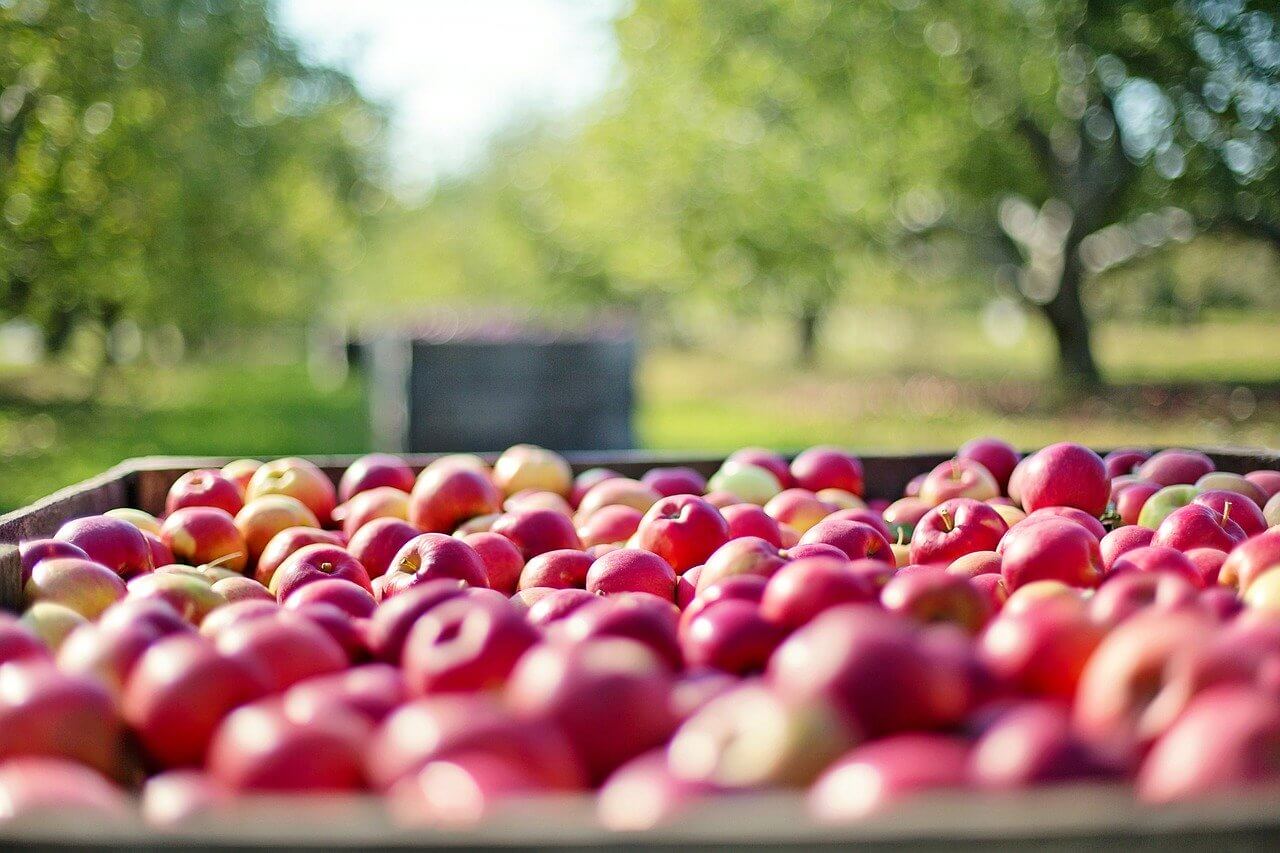
If you define “starting a farm” as actually having your own land and all your stock and working it every day, you will never be able to start.
Taking the first step is the “start” of your farm, so getting work that will give you experience is a start.
Saving money is a start. Applying for a grant is a start. Buying some of the things you’ll need is a start. Learning is a start. You get the idea.
Start with a beginner’s mind and an attitude of patience and determination. In all instances, remember that you will start farming when you take your first step.
Don’t make the mistake of holding out for the perfect moment to begin because that will cause you to miss opportunities.
Position Yourself Wisely

One of the smartest things you can do at the outset is become acquainted with a farmer who farms in the way that you wish to. See if he or she has some jobs for you to do, and offer your services. As a hired hand, you can reasonably expect to receive some wages and maybe even room and board.
With time, and as you prove yourself to be valuable and trustworthy, you may be able to ask your employer/friend to give you the use of some unused buildings or land.
If so, this is a great way to get started collecting your own stock, growing your own food, clearing land for farming, and doing all the things that you would like to do as an independent small farmer.
If not, you’ll still be gaining good experience while placing yourself in a position to be able to set aside some money to get started on your own farm.
Build Your Reputation
Working on an established farm will also put you in a position to get to know other farmers and to find out about affordable land that may be for sale nearby.
Additionally, you’ll be in a position to show yourself as a good worker and a dependable person within the farm community. Having a good reputation is an important part of being a successful small farmer.
Gather The Equipment You Need
As you work along, gathering information and reputation, you should also be thinking about gathering the equipment you’ll eventually need on your own farm. Shop carefully, and look for things that you can buy on a strictly cash basis.
This is very important if you’re starting out with little or no money. You don’t want to make financial commitments that may have the potential to ruin your plans.
Pay close attention to items for sale in the local paper and online (here’s an example). Attend auctions and look for new equipment that is on clearance sale at end of season. Shop very carefully, and only buy items that are exactly what you need and are in good, usable condition.
Don’t fall into the trap of buying things that just need this or that repair to be workable. This can end up costing you a lot of money in the long run.
Get A Start On Your Livestock
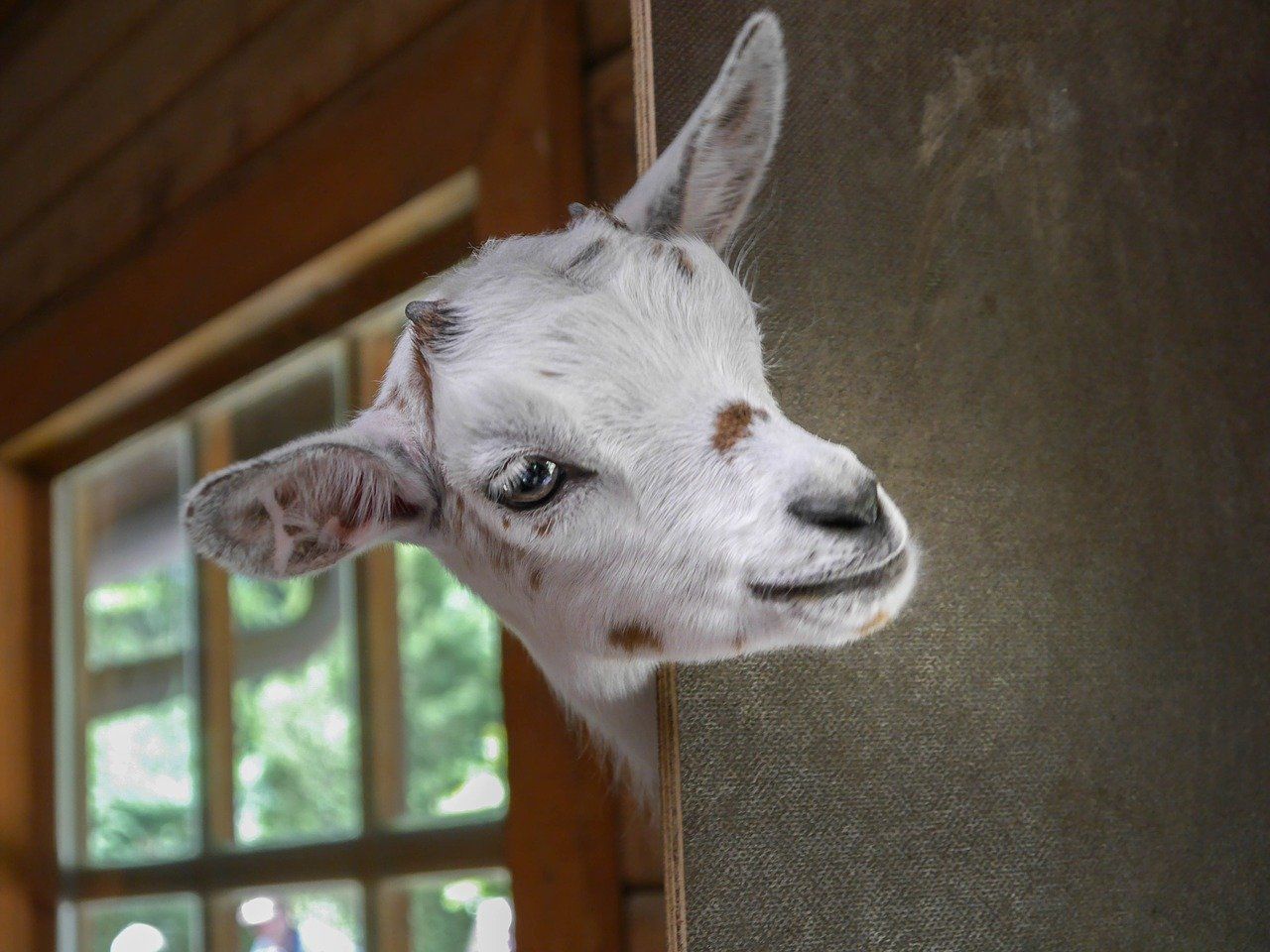
Be equally cautious as you collect your stock. Instead of buying expensive, premium cattle, horses, goats, sheep, pigs, chickens or whatever sort of livestock you have in mind, purchase calves, foals, kids, lambs, piglets, chicks and the like. Younger stock will cost you much less, and when they grow up, they will be in their prime.
With this approach, you must of course be careful not to overdo it by purchasing large numbers of young animals all at once. This will defeat your purpose because you will have a great outlay of cash for feed, and lots of young animals will take up lots of your time. Move forward carefully and patiently as you put yourself in position to achieve your farming goals.
Establish a budget and a schedule for caring for your animals. Follow it carefully so that you can never be accused of under feeding or mistreating the animals in your charge.
6 Smart Money & Energy Saving Tips For Your Small Farm
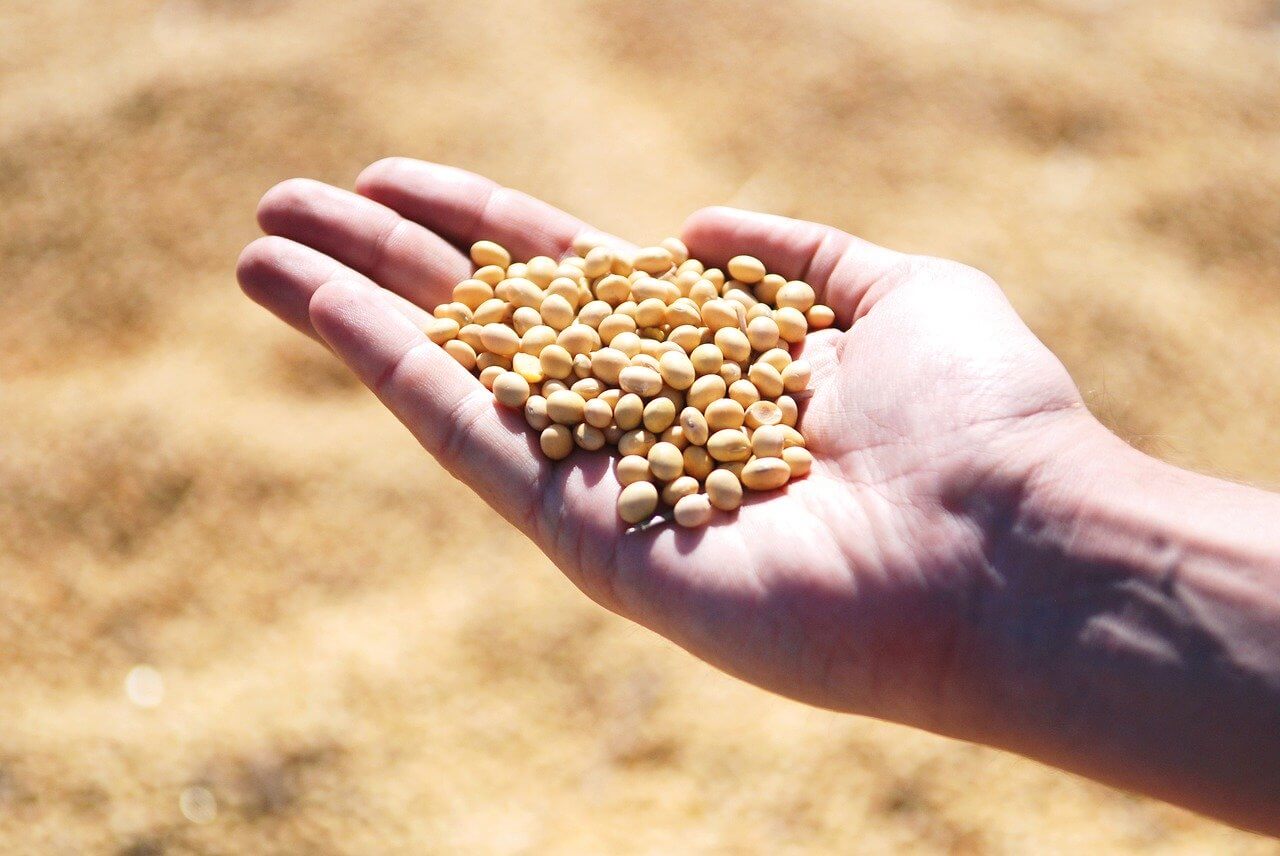
1. Work smarter not harder
Before you begin any task, evaluate it and determine how you can use natural forces such as sun, wind, water flow and gravity to help you complete the job easily.
2. Keep it simple
When choosing equipment and machinery for farm use, go for simple construction that you can repair yourself. This will save you a great deal of time and money in the long run.
3. Fix it right and fix it once
When something does break down, set aside an ample period of time to repair it correctly and in a way that will last.
4. Get an old, reliable truck
Resist the lure of making payments on an expensive new truck. Instead, buy a solid, older vehicle that you can repair yourself and insure cheaply. If you ever see one just like it for sale for parts, snap it up!
5. Neither a borrower nor a lender be
Don’t loan out your farm equipment, and don’t borrow equipment from someone else. Equipment is a major investment, and you don’t want to be responsible for breaking your neighbor’s equipment or have him break yours.
6. Produce as much as you can for yourself
Once you get your farm underway, make wise choices about every purchase. Naturally, you will grow your own veggies, produce your own eggs and maybe even slaughter your own chickens, pigs and/or cows, but you can take it further than that.
For example, choose to invest your money in producing honey rather than buying it or sugar at the grocery store. Indulge your habits by learning to make your own wine or beer rather than purchasing it.
What About Free Stuff?
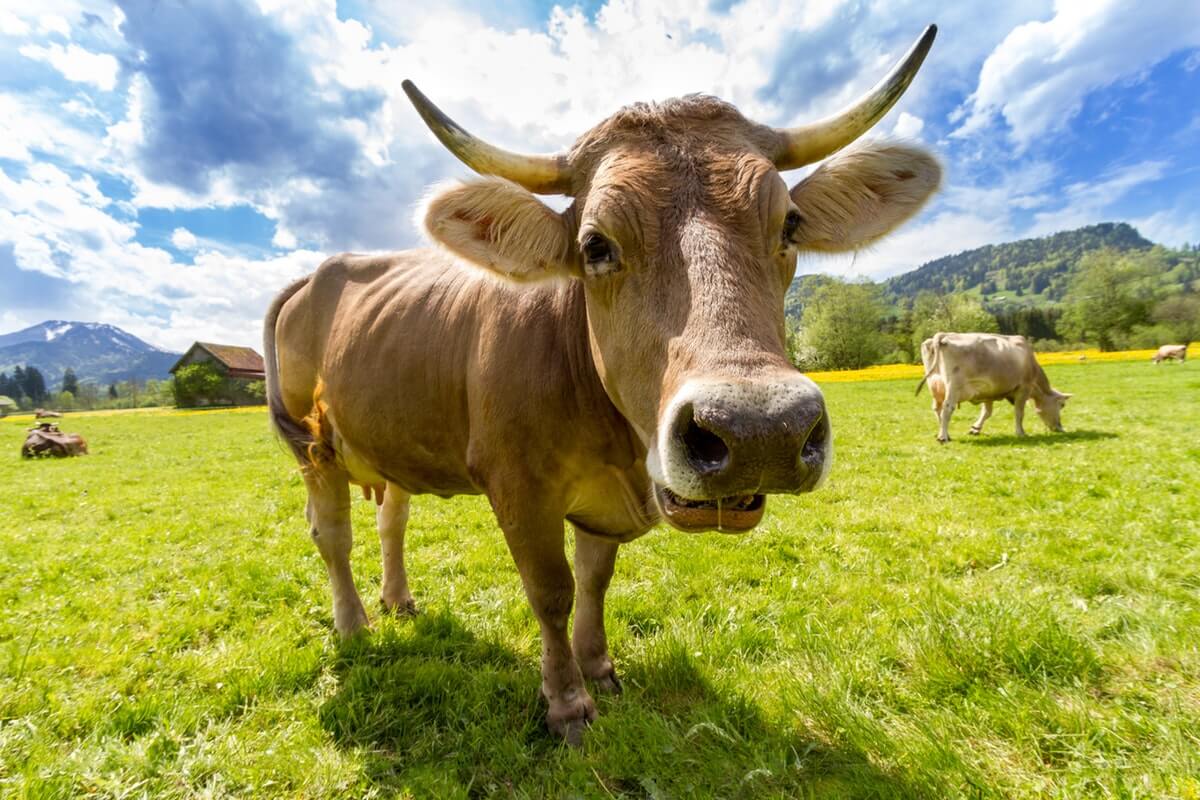
When you have the opportunity to get free stuff, you should definitely consider it. For example, free equipment may or may not be repairable, but it will have parts that you may have good use for, or you may be able to repurpose free equipment if you’re handy.
Free materials can usually easily be stored. Even if you don’t have an immediate use for them, you know you’ll eventually need to build or mend fences, outbuildings and other farm necessities.
If someone local is giving away older stock “free to good home”, you may have just found a good broodmare, cow, goat, sheep or flock of laying hens to produce chicks.
Carefully evaluate the situation and see if the animals on offer may be of use to you. Keep in mind that when you farm, you’ll want to be able to produce maximum output for minimum input.
How Long Will It Take?
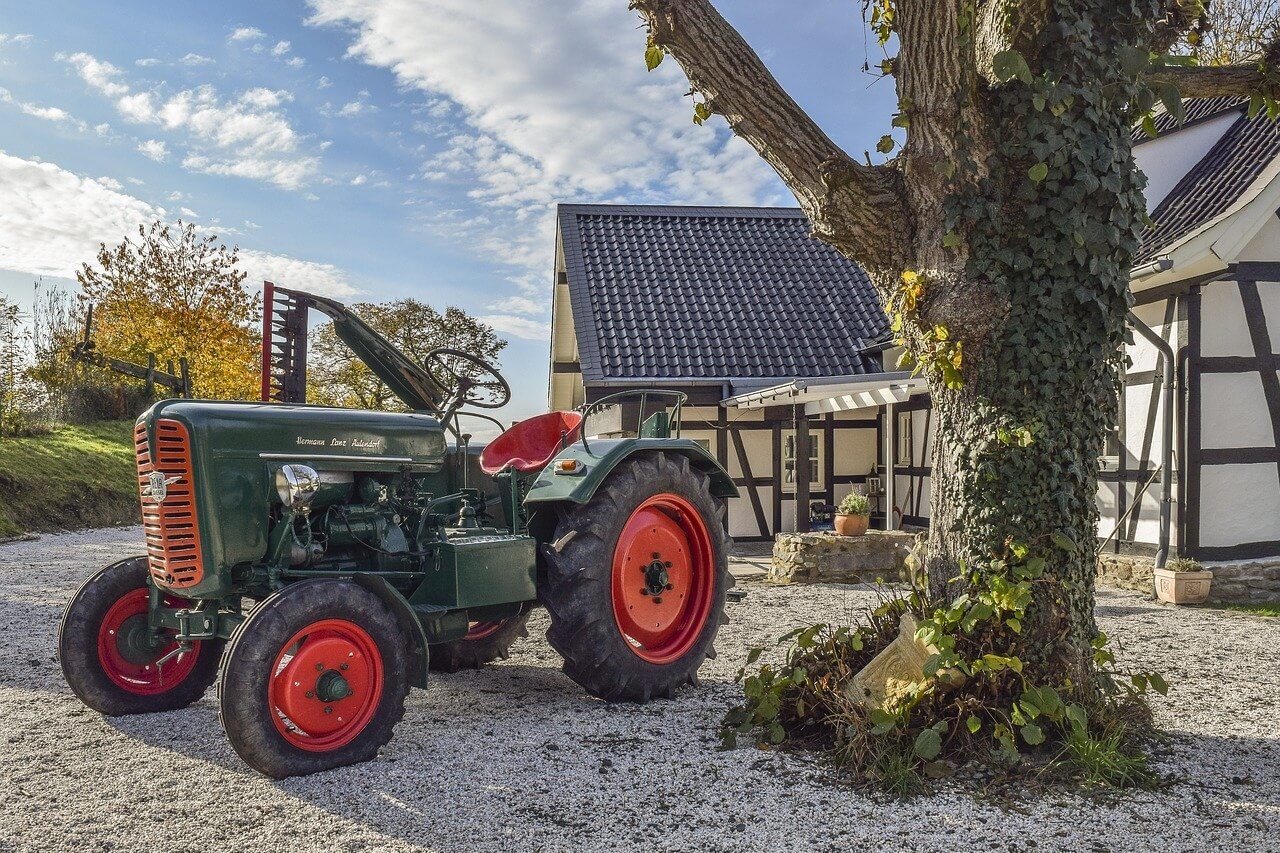
If you’re hoping to just keep your day job and save your money until you can buy everything you want, you’ll be working your day job and saving your money forever.
Instead, keep your eyes peeled for opportunities and remember that things may not always go exactly as you planned; they may go better!
If you’re able to find a good position as a farm hand where you can put some money aside and invest the money wisely in the stock and equipment you want, you can reasonably expect to get started looking for land within three or four years.
In this process, be open to all options. For example, you may find a very nice, established farm available to rent within your reach. Alternately, you may find a broken down farm or just plain land available to buy quite affordably.
Whether you buy or rent, remember that you’re the customer, and you have the right to bargain. Look the deal over carefully for opportunities that may save you money. For example, if you’re renting a place that needs some repair, offer to do the repairs in exchange for part of your rent.
Get the best deal you possibly can, and then follow that deal scrupulously. Remember that your good reputation in the farming community is worth a great deal. A farmer who can cut a hard bargain and always deal squarely is far more likely to do well and succeed with the passage of time.
Improve Your Lot
If you started out with a very small plot of land that you own, or you have begun your farming adventure on rented property, set your goal at improving your situation within three or four years.
Set a savings goal and be sure to keep it. Set aside a certain amount of money every month toward adding property to the land you already own or toward purchasing a farm.
Always be on the lookout for land for-sale-by-owner near you. Whenever possible, avoid dealing with a realtor because you lose some of your money toward that person’s fees.
Some of the best deals you may find will come from older farmers who are ready to retire, people who have taken up farming without doing the kind of careful preparation you have done, or people who may have inherited a property and don’t wish to farm themselves.
As you secure or add to your landholdings, remember to drive a hard but fair bargain. Whenever possible, set cash terms. Always remember to guard your reputation.
Fantastic article. This has made me very excited and opened my eyes to possibilities I didn’t think would be available to me for years to come. Thanks again. Amazing work!
Very sound and practical advice from someone who has seen and done it all. A million thanks for your rare candidacy.
Nice article you pointed out some very good ideas to cut cost and money. Thanks
Very informative
Woow good education for me, I would like to learn more. Thank you